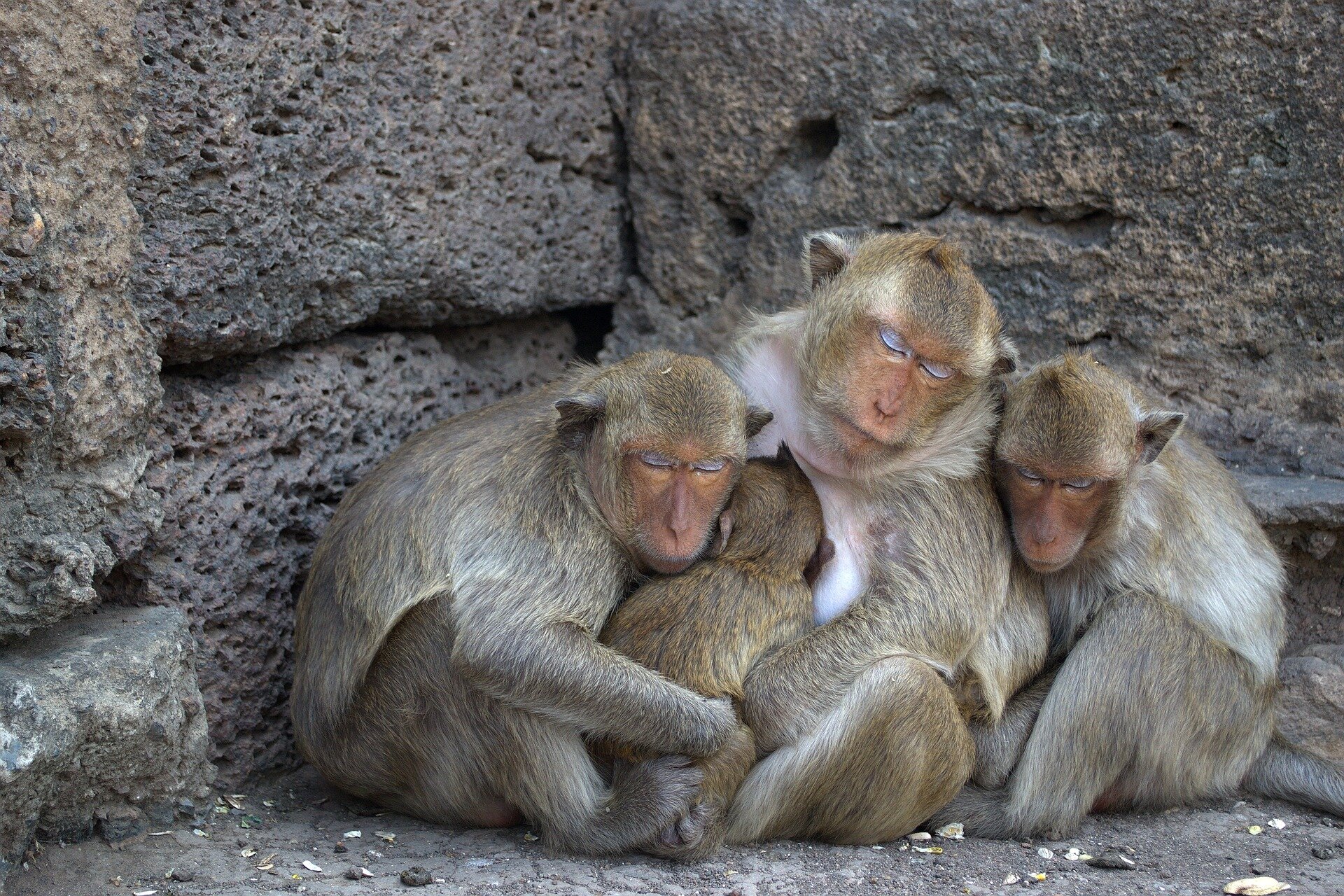The U.S. Wants To Build More Monkey Breeding Centres For Animal Testing
One planned facility in Texas is set to become the biggest in the country, and will supply up to 10,000 primates every year.
Animal experimenters are pushing the U.S. government to open more monkey breeding facilities in the country, so that more animals are available to be used in animal testing.
America already has around 25,000 lab monkeys across its seven primate centres. But prominent animal experimenters say that the number is too low.
Already, huge biomedical companies in the U.S. are racing to build more facilities, where the primates can be bred, housed, and experimented on.
One of the recently announced breeding centres include a proposed site in Jim Wells County, Texas, which is set to become the largest breeding facility for primates in the US, local news outlets report. Animal testing company Envigo, who is behind the planned facility, says the new site will provide the U.S. with up to 10,000 primates per year.
And leading experimenters are also pushing for legislative change. Skip Bohm, the associate director and chief veterinary medical officer at the Tulane National Primate Research Center, told The New York Times that he is calling on the U.S. to start a ‘national reserve’ of primates similar to the likes of a strategic oil reserve.
Matthew R. Bailey, president of the National Association for Biomedical Research, also told the publication that he plans to raise the monkey shortage with the Biden administration.
These calls for increased animal testing come at the dismay of scientists who are pushing for more compassionate and reliable research methods.
Progressive scientists now use a variety of new methods that don’t involve live animals, including “advanced microchips that use real human cells and tissues to construct fully functioning postage stamp-size organs”.
And more scientists are speaking out on the inefficiency of animal testing when tranferring its findings onto humans. Whilst primates share many similarities with humans, they often don’t portray any meaningful results when used in animal tests: two of the most widely used species in COVID-19-related experiments are the rhesus macaques and cynomolgus macaques, both of which only get mildly sick from COVID-19.
Animal welfare campaigners have long campaigned against the cruelty of animal testing, that continues to use more than 25 million animals - including monkeys, dogs, cats, horses, and guinea pigs - in experiments every year in the US alone. The animals face little-to-no protection: under the Animal Welfare Act (AWA) - the law that governs the use of animals in laboratories - animals can be burned, shocked, poisoned, isolated, starved, forcibly restrained, addicted to drugs, and brain-damaged. For 95 percent of the animals used in laboratories, painkillers are not required, according to People for the Ethical Treatment of Animals (PETA).
To find out more on how campaigners are working to change the system and stop animal tests: listen to our podcast episode “Tax Payer Funded Torture” with Justin Goodman of The White Coat Waste Project here.
More stories:
Species Unite
A collection of stories of those who fight the good fight on behalf of animals.




Tigresses Samba and Kenya are finally feeling real grass underneath their paws, after being kept for years in tiny circus trailers.